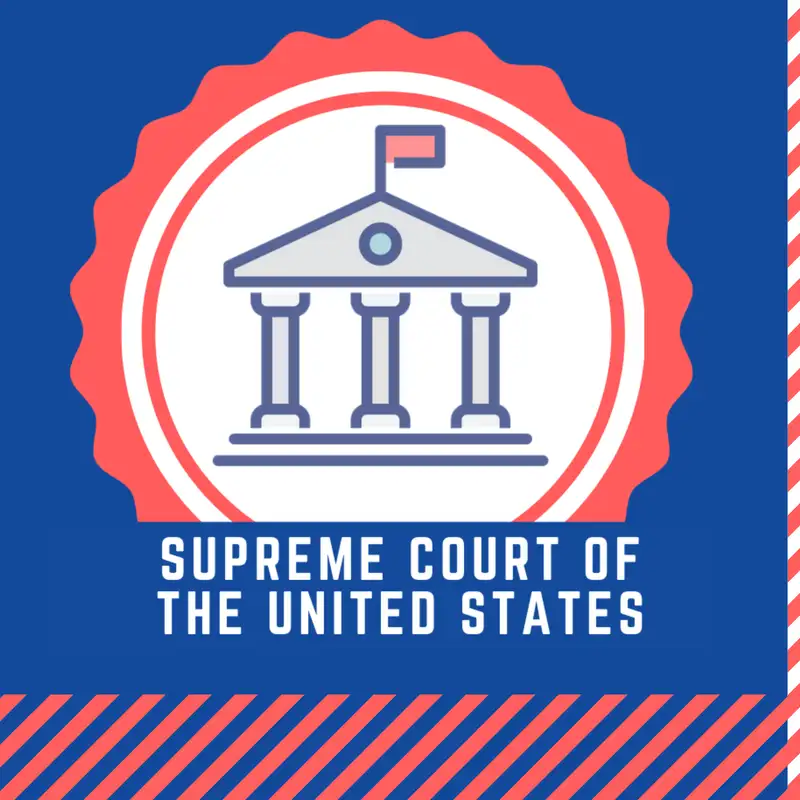SIDEBAR - Copyright and State Sovereign Immunity - The Allen v. Cooper Decision
On March 23, 2020, the Supreme Court issued its opinion in Allen v. Cooper, concluding that Congress lacked the authority to enact the Copyright Remedy Clarification Act of 1990 (CRCA), which purported to abrogate state sovereign immunity in copyright infringement actions. The CRCA, which sought to remedy alleged state copyright infringement, provides that any “State, and any [State] instrumentality, officer, or employee” shall be liable for copyright infringement “in the same manner and to the same
extent as any nongovernmental entity.” In Allen, the Supreme Court held that the CRCA was not a valid exercise of Congress’s constitutional powers under Article I or Section 5 of the Fourteenth Amendment, although the opinion leaves open the possibility that a narrower congressional abrogation of state sovereign immunity for copyright suits might be constitutional.
The immediate practical effect of the decision is that copyright holders cannot sue state governments for copyright infringement without their consent. The decision’s broader significance lies in clarifying the
limitations on Congress’s power to provide remedies for state constitutional violations. This Sidebar will review the law of state sovereign immunity, the dispute in Allen v. Cooper, the Court’s opinion, and the implications for Congress.
--- Support this podcast: https://anchor.fm/scotus/support ★ Support this podcast on Patreon ★